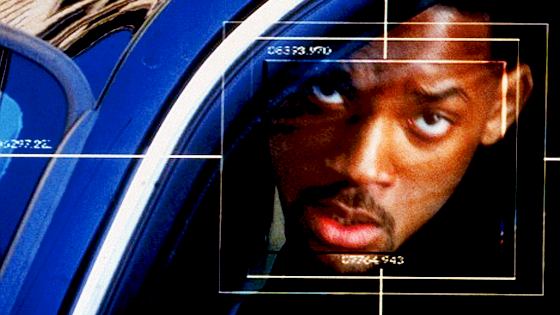US appeals court says “F**K YEAH!’ to warrantless phone GPS tracking. I frown.
I’m going to need to double-down on my secret skulking as the nighttime vigilante, Balls Out. You can guess my super power. The Man has ruled in favor of warrantless phone GPS tracking, and god knows I need my iPhone’s GPS to Yelp my dinner stops throughout the night. Fighting crime burns mad kcals.
The Verge:
Much of the court’s decision hinges on comparing cellphone location data to older tracking procedures. Since Skinner was carrying his phone while driving in public, the argument goes, police used the data to augment information visible to any bystander. From separate intercepted messages, officers knew roughly what kind of vehicle Skinner was driving, and using location data to help track it was permissible based on several previous cases, even without a warrant. Skinner had apparently been unaware that his prepaid phone included GPS technology, but the court found that this wasn’t enough to give him an expectation of privacy, saying that a criminal cannot be “entitled to rely on the expected untrackability of his tools.”
The majority opinion compared this decision to noted tracking case US v. Jones, where the Supreme Court determined that placing a tracking device without a warrant was illegal. Unlike in Jones, the court found, this case did not involve any form of trespassing or physical search. Instead, police were capturing data from something Skinner had voluntarily bought and used. “When criminals use modern technological devices to carry out criminal acts and to reduce the possibility of detection, they can hardly complain when the police take advantage of the inherent characteristics of those very devices to catch them.” Two of the court judges agreed completely with this decision, but a third partially dissented, saying that it wasn’t clear that the police would have been able to find Skinner without the phone tracking data, making the information much more than a simple “augmentation,” and that the decision seemed to rest on the assumption that Skinner’s pay-as-you-go phone was “somehow illicit or suspicious in itself.”
“THERE IS NO INHERENT CONSTITUTIONAL DIFFERENCE BETWEEN TRAILING A DEFENDANT AND TRACKING HIM VIA SUCH TECHNOLOGY.”Warrantless phone location tracking is common, but the issue has been controversial, and as Wired points out, a previous Third Circuit ruling says that law enforcement can be required to obtain a warrant before gathering this data. This latest ruling clearly falls on the side of limiting cellphone privacy, but as other courts take up the case, it’s possible the Supreme Court will one day have to determine exactly where to draw the line.





